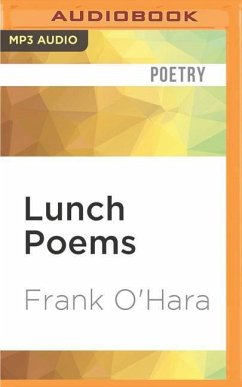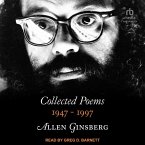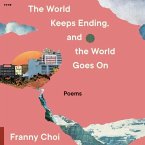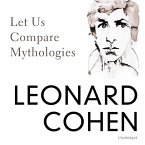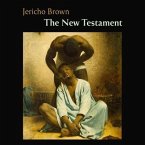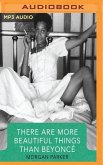Frank O'Hara was a pioneering modern American poet and playwright - an art critic, a musician, and a curator at the Museum of Modern Art - who defined New York City in its post-WWII heyday. For many these poems defined the city's midcentury zeitgeist. Lawrence Ferlinghetti, in remarks on the 50th anniversary edition, said that the poems "established a certain tone, a certain turn of phrase, a certain urbane wit, at once gay and straight, that came to identify the New York school of poets in the 1960s and '70s". O'Hara's wit and cool inspired the creator of AMC's hit television show Mad Men decades later - and writer Matthew Weiner performs the poet's work with charm and reverence, adding his own unique spin on the classic material.

